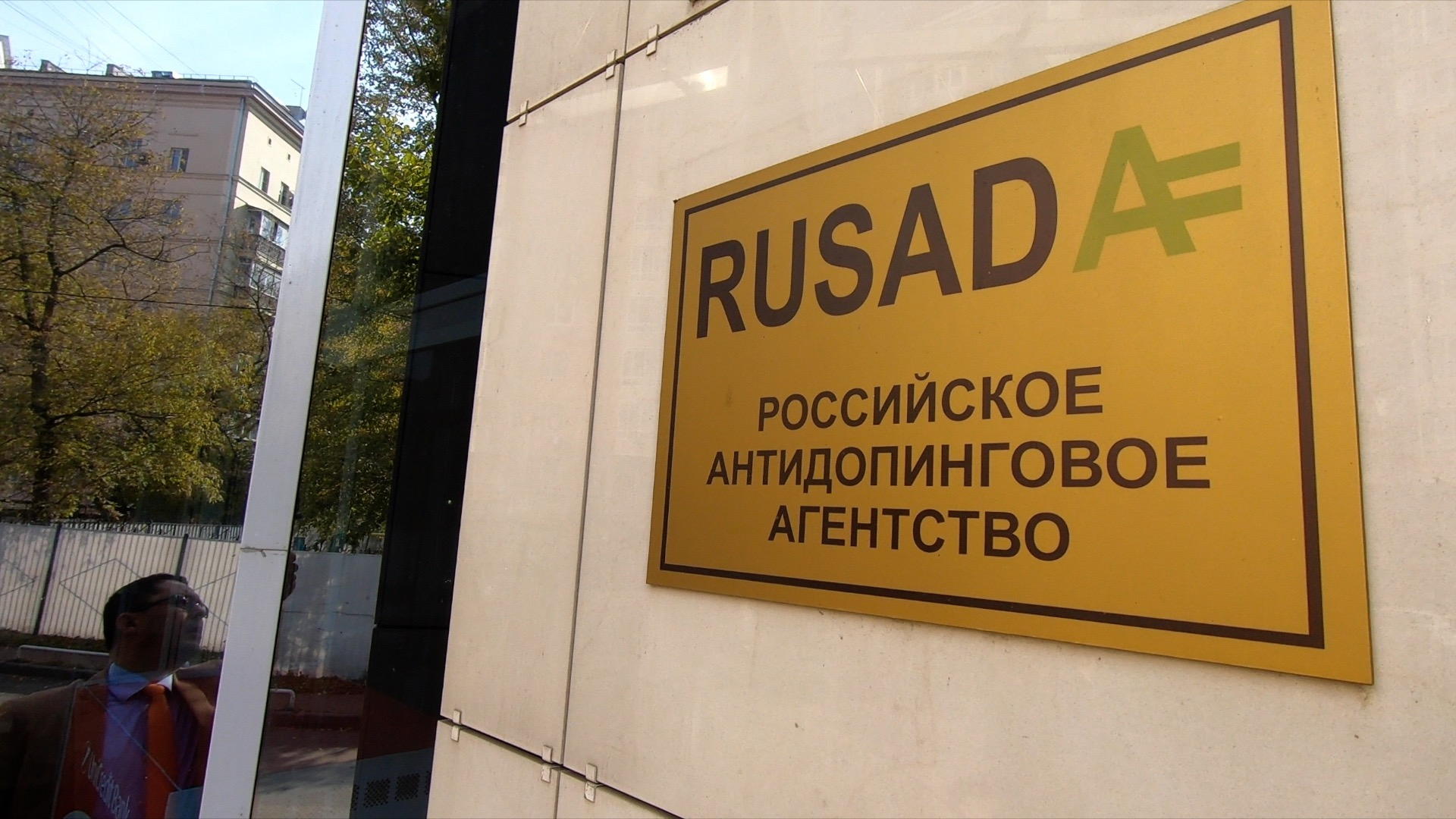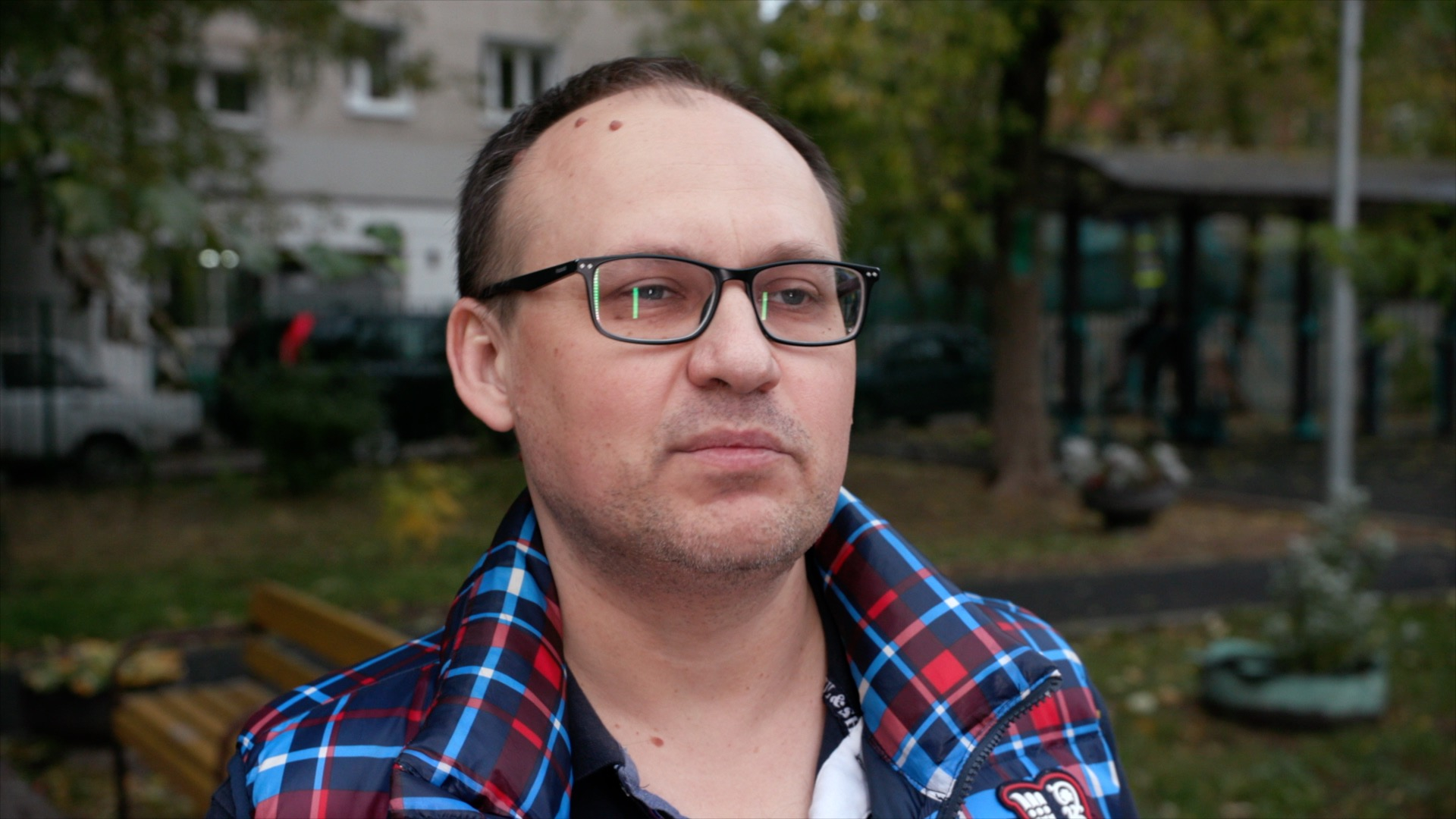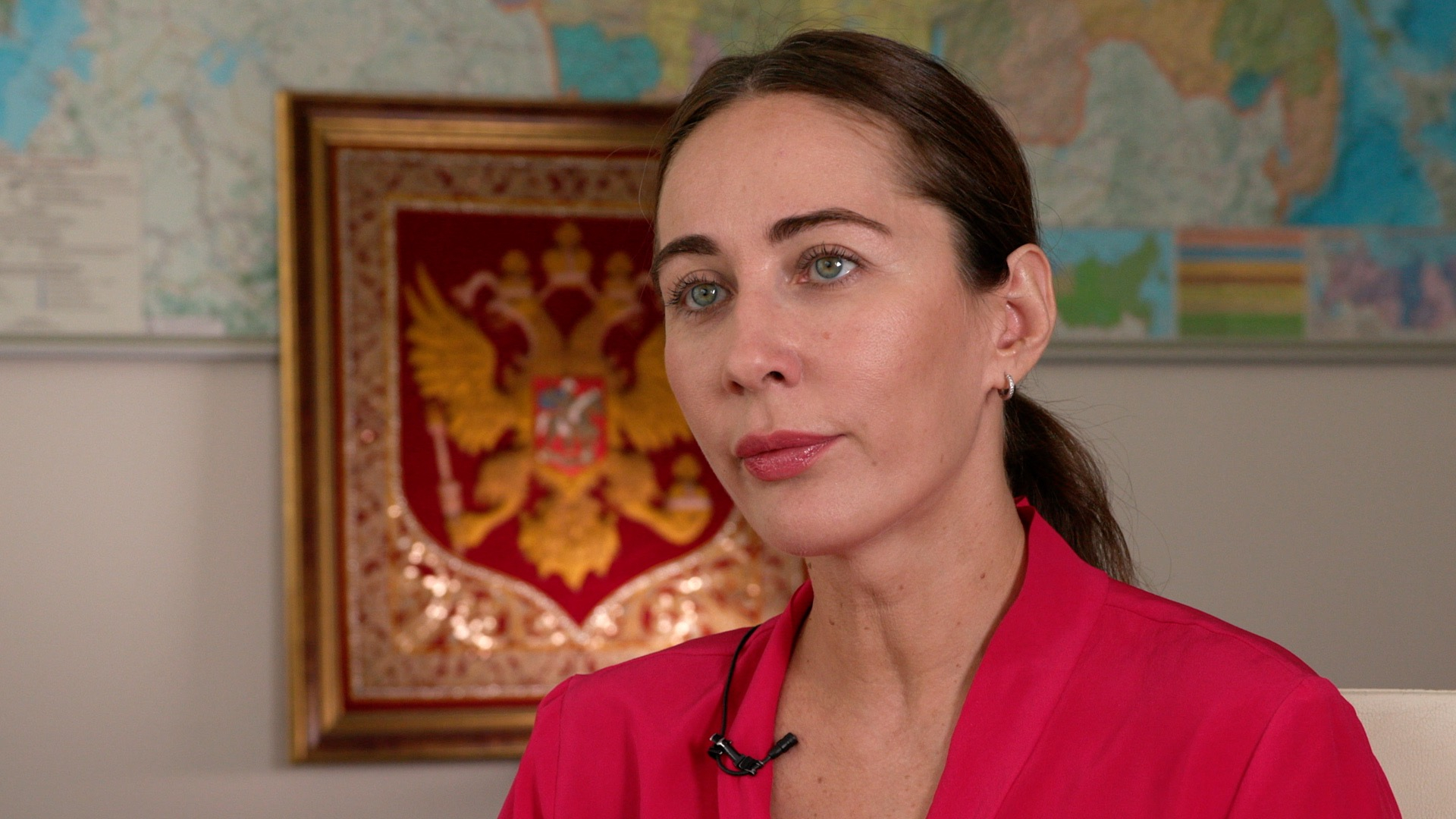02:42

For ordinary people, watching others engaged professionally in sports activities is a favorite pastime. What is raising some suspicion among us, the mortals, is sometimes how superhuman those professional athletes look and how they can achieve corresponding superhuman results. Sometimes the answer is just in the wonderful act of nature laid upon an individual, but there are times when an act of nature is replaced by the act of the medical and chemical sciences. So, people created anti-doping agencies to try to fight those illegal activities in professional sport. Sometimes those bodies are successful, and sometimes they are not.
Within just one month, two major doping scandals emerged in the high-end sports. First, it was the case of the U.S. track coach Alberto Salazar, who was banned for four years because of several doping violations. Salazar also kept Nike's CEO abreast of his experiments with performance-enhancing drugs, according to emails referenced in reports published by the U.S. Anti-Doping Agency. And the second scandal is rocking Russian sports, again.
The world anti-doping body gave Russia until Wednesday to respond to allegations of tampering with doping test data in recent months. According to sources, computer files of the now-closed Russian anti-doping laboratory were allegedly tampered with, some time in the last 18 months by the unknown perpetrators. The impact of the discovery could be devastating for Russian athletes, according to Andrey Mitkov from the sports agency All Sports.

Andrey Mitkov from sports agency All Sports. /CGTN Photo
Andrey Mitkov from sports agency All Sports. /CGTN Photo
"According to my information, the Russian team will not take part as a team in either the 2020 Olympic Games or the 2022 Winter Olympics in Beijing."
As the blame game began within Russia, fingers were pointed at the Ministry of Sports and the country's Olympic Committee. Public calls for holding them accountable are growing stronger.
"From my perspective, there can be only one answer – to fall on their knees and ask for forgiveness, then to fire all at the Sports Ministry and the Olympic Committee, all the officials who could have been involved," Mitkov said.
Earlier this year, it seemed that Russian sports received a pardon and an opportunity to have a fresh and clean start. When the doping scandal emerged in 2015, Russian athletes received immense support from the international sports community. Efforts of Russian anti-doping agency RUSADA to come clean and rectify the problems were seen as genuine and honest. But given the new crisis, it seems that support has quickly faded.

Margarita Pakhnotskaya, deputy director-general of RUSADA. /CGTN Photo
Margarita Pakhnotskaya, deputy director-general of RUSADA. /CGTN Photo
Margarita Pakhnotskaya, deputy director-general of RUSADA, told us that she's not optimistic about the outcome of the latest doping scandal.
"What are the consequences? They are pretty clear. You can imagine that right after New Year, RUSADA would lose its compliance status. No international sports events for Russian athletes. They would possibly have an opportunity to apply as neutral athletes."
Although this time, RUSADA is not directly accused of any wrongdoing in the latest scandal, it could still end up taking the blame. The international sports body will give a verdict on the fate of both RUSADA and the Russian athletes most likely sometime around the New Year.